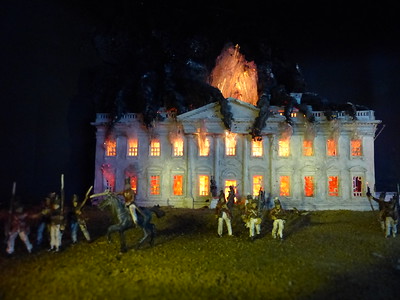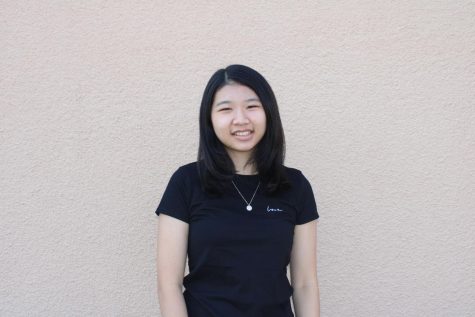Why UHS Students should participate in National History Day

A prior example of a National History Day prize-winning exhibit.
May 4, 2022
*The opinions expressed within the content are solely the author’s and do not reflect the opinions and beliefs of the website or its affiliates.*
With a plethora of opportunities offered at UHS, students may find it overwhelming to decide which clubs and competitions they should partake in. Freshmen going to the club fair are bombarded by eager board members from Science Olympiad, Mock Trial, Ocean Bowl, Future Business Leaders of America, Model United Nations and Ethics Bowl among the sea of booths vying for their attention. One particular booth that deserves much more attention is that of the National History Day (NHD) Club, a competition-based organization that is focused on a historical research presentation. By participating in NHD, students not only gain invaluable research, analytical and interview skills but also have the opportunity to showcase their work as they connect the past with the present.
While the name was coined when the contest initially began at Case Western Reserve University in 1974 as a “day” of learning history, NHD now spans many months of extensive preparation during which participants dig up primary sources in the National Archives and Library of Congress. Students may start out exploring a topic by reading website articles and watching PBS videos on their topic, but they end up delving much deeper into analyzing and interpreting oral history interviews, personal letters, political cartoons and newspaper articles. They learn to find credible sources and multiple perspectives. They search for primary sources but also value secondary sources which provide much needed context. Many NHD students interview witnesses of their historical event of interest and incorporate firsthand information in their projects. Most of all, students become adept at forming their own historical opinions from the evidence and conveying their ideas in their own voice.
The thought of spending countless hours on a history project may not sound appealing to some students, but NHD allows them to investigate any local, state, national or international event that relates to the annual theme, such as Breaking Barriers to Communication in History. Since participants can choose to research science, art, environmental issues, or social justice topics, they have a variety of options that allows them to choose a project of most interest to them. Moreover, NHD club members receive guidance from experienced board members with monthly lectures and individual support from the advisor, Ms. Koch.
According to the NHD California organization, some 44,000 students from 34 counties participate each year, culminating in an annual statewide contest with over 1,400 participants. State champions advance to the national competition which is virtual this year, but was held annually at the University of Maryland before COVID restrictions. Unlike other research competitions or conferences which usually require one method to present their work, the NHD competition provides students the option to showcase their work in a documentary, website, exhibit, historical paper or performance either individually or in a group. These options enable the students to exercise their creative license as well as their analytical abilities. If participants choose the exhibit category, the final products often feature museum-quality 3D models and interactive multimedia presentations. In fact, the national qualifying entries may be showcased at the Smithsonian National Museum of American History in Washington D.C.
As a result of their extensive research efforts, students develop a stronger sense of connection between historical events and current issues. Former UHS NHD President and current freshman at Cornell University, Ameerdeep Passananti explains how the advantages for students who participate in NHD go beyond high school.
“You learn a lot in the process and it helps you when doing college projects,” Passananti said.
Additionally, NHD projects fulfill part of the criteria towards earning the California State Seal of Civic Engagement, which requires students to ”participate in one or more informed civic engagement project(s) that address real-world problems and require students to identify and inquire into civic needs or problems, consider varied responses, take action, and reflect on efforts.” With all the potential benefits not offered by any other competition offered on campus, UHS students should consider joining the NHD club and diving into a NHD project of their own.




